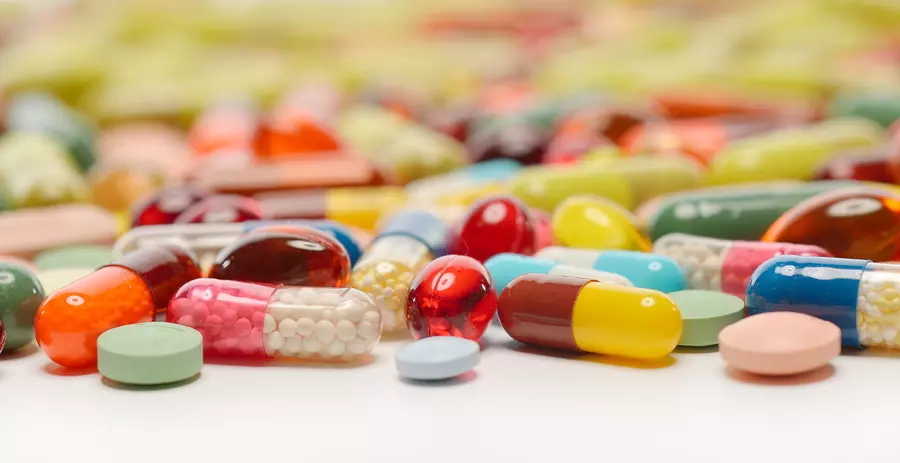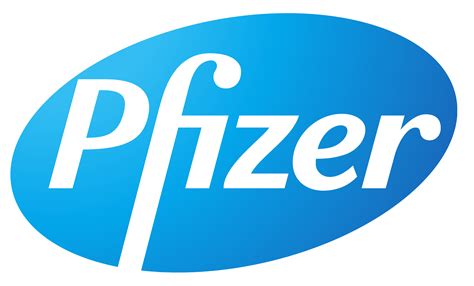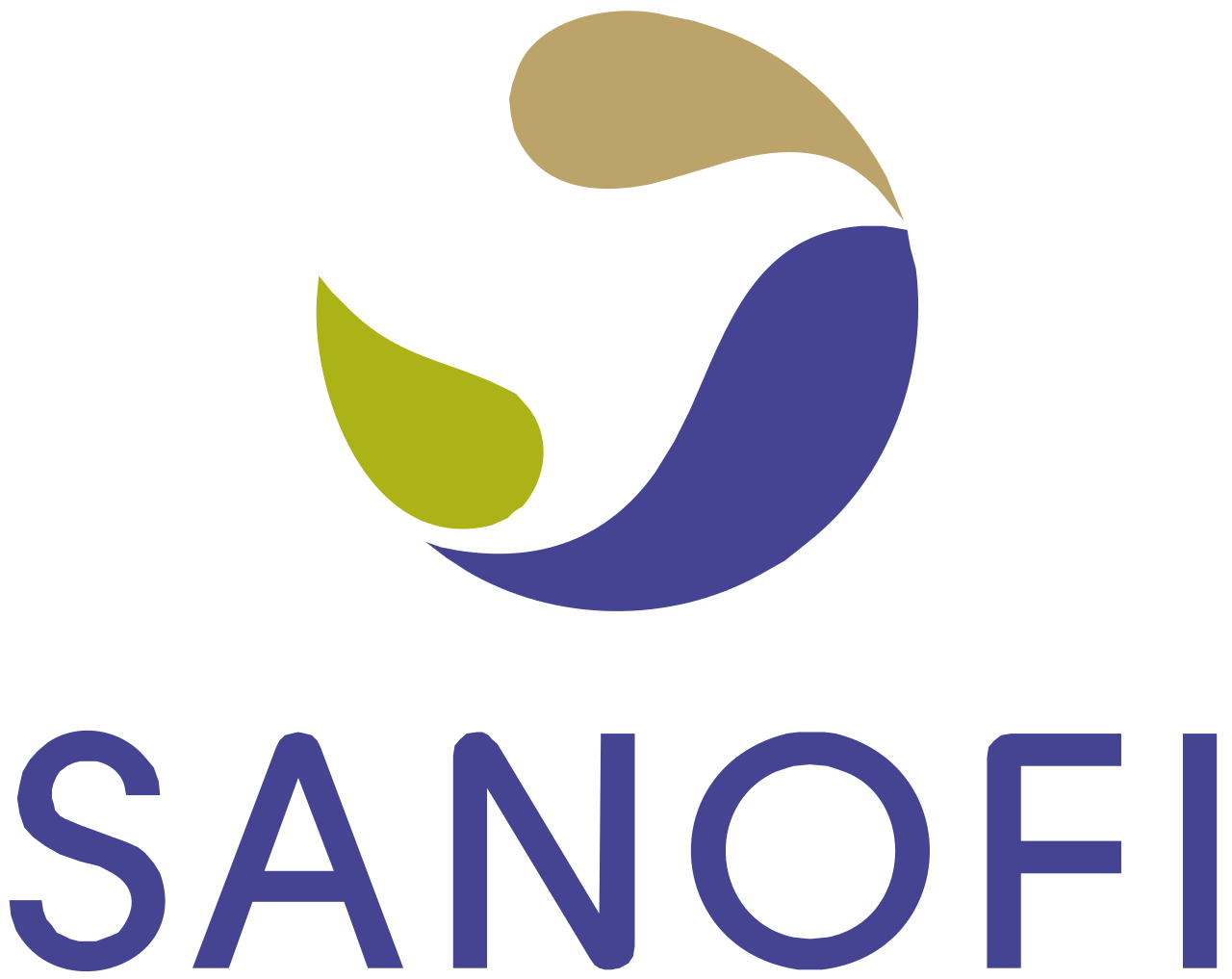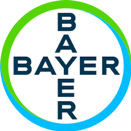Sintesi
The global dietary supplements market has grown significantly, with a market estimated at $163.9 billion in 2022 and set to grow at a CAGR of 9.0% between 2023 and 2030, potentially reaching $326.6 billion worldwide. Western Europe is a strong performer, particularly Italy, which is the largest European market - valued at 4.06 billion euros in 2021 - and is expected to continue its growth trend with a CAGR of 5.3% to 2025. The European market alone is valued at $38.1 billion in 2022, and could reach $74.5 billion by 2030 at a slower CAGR of 7.0%. The most popular supplement categories are vitamins D and C and magnesium.
The COVID-19 pandemic has had a major impact on the market, with increased health awareness and changing consumer habits contributing to the rise in sales of supplements. sales of supplements designed to boost the immune system, stabilize mood and improve sleep. Italy's leading role is underlined by an ageing population increasingly interested in preventive medicine, with over 60% of Italian adults consuming food supplements. The Italian dietary supplements market saw a considerable increase in the producer price index between January 2022 and July 2023, as well as a sharp rise in consumer prices for food products. Online sales also surged, with the digital channel increasing by 49.4% in sales, while pharmacies retained a dominant role in distribution, accounting for 76.3% of total dietary supplement sales in Italy.
Changing dietary supplement consumption patterns in Italy: embracing health, wellness and sports nutrition
In recent years, Italy has seen significant trends in the consumption of dietary supplements, with the emphasis on health and well-being having a profound impact on market demand. As Italians become increasingly conscious of their well-being, stress management, physical activity and specific health problems are driving the adoption of various categories of dietary supplements. Among the adult population, a significant number - between 25 and 35 million - regularly turn to dietary supplements, revealing strong market penetration and dependence on these products for health purposes. The reasons for this increase in the use of food supplements are manifold, with prevention at the forefront. Many Italians, especially the elderly, are turning to food supplements to guard against cholesterol problems, cardiovascular ailments, bone degeneration and a weakened immune system. Wellness follows close behind, with a focus on detoxification, improved circulation, weight management and aesthetic enhancements.
In addition, a growing segment of the population is engaging in toning, strengthening and energy-boosting activities, reflecting a growing interest in multivitamins.t in multivitamins and electrolytes, while others seek specific treatments for digestive comfort, hormonal balance and peace of mind. Interestingly, almost two-thirds of Italian dietary supplement consumers consider these products to be safe, and an equivalent proportion validate their efficacy. This feeling of confidence is reinforced by the fact that almost three quarters of Italians consider food supplements to be essential health allies, and almost the same number believe that these products encourage the adoption of better eating habits and increased physical activity.
In addition, two-thirds of the population associate the use of food supplements with maintaining their mental and physical well-being. The search for information and the decision to use food supplements are influenced by a variety of sources. Italians generally turn to friends, family and health professionals, but they also make good use of the media and the Internet to find out about these products. The attention paid to sports nutrition, a segment that encompasses both sports and dietary supplements, is a key indicator of the importance attached to health by the Italian market. With a global value of between $40 and $45 billion, the Italian sports nutrition market is booming, signalling a democratization trend in which these products are being adopted not only by athletes, but also by the general population, who are just as concerned about their physical fitness and personal performance. Surfing on the wave of natural living, there is also a marked preference for natural food supplements, seen as beneficial to both individual health and the environment. In short, Italy is a dynamic market for food supplements, driven by a growing awareness of health issues.
Key players in the global dietary supplements market
The dietary supplements market is made up of a dynamic mix of multinational giants and established Italian companies, each contributing to the evolution of the industry and to the development of the Italian market. industry's evolution and catering to a diverse consumer base with a variety of health and wellness products. Here are some of the major players in the landscape, notable for their impact and offerings in the dietary supplements sector:
International powers in the dietary supplements sector
- Pfizer Italy: Pfizer, one of the world's largest pharmaceutical companies, is extending its global reach to the Italian market, offering a range of dietary supplements in addition to its full pharmaceutical products. Known for its commitment to healthcare innovation, the company plays a key role in addressing the nutritional needs and health concerns of consumers.
- Sanofi Italy: Sanofi is a world leader in the health sector, offering a wide range of products, including vitamin and mineral-based dietary supplements. Its presence in Italy reflects its global strategy to improve health outcomes and provide valuable nutritional support to populations.
- Bayer Italy: Renowned for its healthcare and agricultural products, Bayer is also making significant inroads into the dietary supplements market. Its portfolio includes popular supplements that support a variety of health functions, meeting the needs of a health-conscious population looking for trusted names in their quest for well-being.
Leading Italian companies thrive in the dietary supplements market
- Aboca: Aboca, with its emphasis on natural, plant-based products, has carved out an enviable position for itself in Italy and beyond. Its commitment to organic ingredients and herbal wellness options is in line with the growing trend towards natural supplementation.
- Alfasigma: As a company specializing in pharmaceutical and nutraceutical products, Alfasigma offers a varied range of dietary supplements. By combining scientific research with health and nutrition, it has forged a solid position in the Italian market.
- Angelini Group: The Angelini Group, whose aim is to improve quality of life through health solutions, offers a range of health products including dietary supplements. Its products are designed to meet the evolving wellness needs of modern consumers.
- Menarini Group: The Menarini Group, with its focus on research and development, has also entered the dietary supplements market, offering products that complement its wide range of pharmaceutical therapies.
- Giuliani: Specializing in a variety of healthcare products, Giuliani has ventured into the field of dietary supplements, filling the nutritional gaps in modern diets.
- Montefarmaco: Montefarmaco ventured into food supplements, targeting consumers seeking nutritional balance through supplements.
per comprendere questo mercato
Dettaglio del contenuto
 Informazioni
Informazioni
- Pagine : 30 pags
- Formato : Versione PDF e digitale
- Ultimo aggiornamento : 05/10/2023
 Riepilogo ed estratti
Riepilogo ed estratti
1 Market summary
1.1 Definition and presentation
Food supplements include any type of product whose purpose is to supplement one's diet by providing necessary and additional nutrients. According to the European directive - 2002/46/EC - supplements are defined as "food products that are in the form of capsules, tablets, pills and the like."
Among the most popular categories:
- Vitamins, such as D and E
- Minerals, such as calcium and iron
- Specialty products, such as probiotics and glucosamine
Dietary supplements indeed have attributes that can relate the product to nutritional and physiological benefits. They are not identified with pharmaceuticals because their positive impact on the body and mind does not act as therapeutic [ Chamber of Commerce ].
Dietary supplements have shown tremendous growth worldwide, primarily leveraging consumers' progressive focus on health and the global increase in the elderly population.
Western Europe is among the top performers in the sector, with Italy leading the way, counting double-digit value growth from 2009 to 2019, attributable primarily to changing demographics, consumer health awareness, and the availability of nutritional information
Italy is the largest market in Europe and one of the largest in the world, with the aging population being an important driver of this market. During the COVID-19 pandemic, individuals began to pay more attention to their personal health and had more time to rebalance and calibrate their diets, leading to exponential growth in some segments of this market.
1.2 A well-focused global market with good growth prospects
The global market for dietary supplements has been estimated at $***.* billion in ****.
The most optimistic forecasts predict a CAGR (***) of *.*% between **** and **** with the market expected to generate about $***.* billion globally by ****.
Size of the global market for dietary supplements World, ****-*****, in billions of dollars Source: ****
Growing awareness of the ...
1.3 The Italian market, a European leader
Western Europe is the third largest region within the dietary supplement market, after Asia and North America. However, the largest share lies exclusively in the hands of three players: Italy boasts the largest dietary supplement market in Europe, more than a quarter of its total, with expectations of close to * billion ...
1.4 Imports and exports
Using the UN Comtrade database, it is complicated to study dietary supplements as a whole because this segment includes a wide variety of products classified under different customs codes. However, it is possible to analyze a part of it and observe, for example, the trade in vitamins and provitamins that make ...
1.5 Impact of Russian-Ukrainian conflict
The outbreak of the Russian-Ukrainian conflict in February **** led to, among other things, a general increase in the producer price index. This increase also affected the dietary supplements sector. Through analysis of the producer price index for the other food products sector (***), within which dietary supplements fall, an increase of ** points ...
2 Demand analysis
2.1 Overview of demand
Dietary supplements are substances recommended to accompany one's diet, so they are not specifically identified with either food or medicine. Demand for these product categories is therefore related to personal understanding or available information (***) of the associated effects and one's weight in a balanced diet.
The main factors positively influencing the ...
2.2 Lifestyle and new habits change consumption
Increased stress levels
Dietary supplement intake is closely related to perceived and actual health and well-being. Therefore, the progressively higher proportion of stressed Italians may play an important role in shifting demand. The number of males who reported being stressed is extremely high, * out of **, according to research conducted by ASSOSALUTE ...
2.3 The consumption habits of Italians
**% of the Italian adult population (***) use food and dietary supplements[***]. The reasons for their use can be divided into * major categories:
Prevention (***) Wellness (***) Toning, strengthening and energy (***) Specific care (***)
Use of dietary supplements, by reason Italy, ****, in % Source: ****
In Italy, nearly two-thirds of consumers of dietary supplements consider them safe, while ...
2.4 Why to use dietary supplements
Regarding the reasons for the purchase and use of dietary supplements, nearly * out of * Italians say that supplements are excellent allies of health; the same proportion claims that supplements are a stimulus for dietary improvement and increased physical activity. Finally, * out of * Italians consider dietary supplements functional for maintaining mental and ...
2.5 New trends in demand
The growth of the sports segment
The sports nutrition supplement market is a segment of the dietary supplement market, but also a segment of the sports nutrition market. The latter has particularly developed in recent years, driven by the democratization of dietary supplements, which were previously consumed mainly by professional ...
3 Market structure
3.1 Market organization and dynamics
Until the beginning of the **st century, the dietary supplement market had a well-defined structure. The largest share was in the hands of a few international players - e.g. Pfizer, Bayer, Sanofi - although a considerable part was held by Italian manufacturers - e.g. Aboca, Alfasigma. Recently, radical transformations ...
3.2 Made-in-Italy production
CDMO (***) is a business organizational model, which enables the management of production, development and manufacturing activities of medical products on behalf of third parties.
Thus, we distinguish:
Companies authorized to distribute pharmaceutical products-usually multinational pharmaceutical companies, which outsource functions to CDMO companies. Companies that follow CDMOs to produce and manufacture pharmaceutical ...
3.3 Distribution
Despite the increasing proliferation of distribution channels, leadership seems to remain in the hands of health and beauty specialty retailers-for example, pharmacies. The latter continue to account for an extremely large market share of about **.*%[***].
Supplement market breakdown Italy, ****, percent Source: ****
business to Business
Production and manufacturing take place in another ...
3.4 The dominance of pharmacies
As we saw above, pharmacies hold the absolute majority in terms of distribution in this market, both in terms of value and volume.
However, it is interesting to look at a deeper and more detailed breakdown of this market by segment (***) Pharmacies hold a majority share in terms of value for ...
3.5 Value chain and production
Source: ****
First, ingredient suppliers produce the raw materials, that is, the nutrients, but also the flavorings or colorings that will make up the dietary supplements.
Manufacturers use these ingredients to make dietary supplements. There are two types of manufacturers: processors who supply the supplements to different companies that will market them, ...
4 Supply analysis
4.1 A number of product categories
One variable that can be considered when segmenting the dietary supplement market is product function.
According to Unife there are five categories that can be identified by product function:
Sports Health and wellness Diet Anti-aging Beauty care
A further distinction available concerns the ingredients contained in dietary supplements. Among the most ...
4.2 Supply trends
Personalized nutrition
More and more companies are moving away from the concept of "one size fits all" to improve the customer experience through highly personalized offerings. In the health sector the trend is widely visible, with many existing companies as well as innovative startups addressing this need. [***].
Some newcomers:
US-based Habit ...
4.3 Prices
Per capita spending on dietary supplements among Italians in **** reached about ** euros-the number places Italy in first place. In fact, spending is almost double the average spending in Western European countries [***].
Below are the prices of some of the products on the Italian market:
4.4 Research is at the heart of the offering
The role of innovation To stand out, many companies launch their own research programs to innovate and create new products. Thus, research involves not only ingredients, but also formulations and containers. Innovation in natural, organic and vegan products is particularly on the rise. Innovations in the dietary supplement market include the ...
5 Rules and regulations
5.1 Three levels of legislation
There are three different levels of legislative procedures to follow:
EU regulations Italian legislation Ministry of Health
There are EU regulations for vitamins, minerals and substances used as their sources. In addition, rules regarding the use of substances potentially harmful to consumers' health are also harmonized at the EU level.
According ...
6 Positioning of actors
6.1 Segmentation
- Pfizer
- Sanofi Aventis
- Bayer
- Labocast
- Biofarma
 Grafica
Grafica
- Dimensione del mercato globale degli integratori alimentari
- Répartition du marché européen des compléments alimentaires par produit
- Consumo di vitamine per tipologia
- Ripartizione del mercato europeo degli integratori alimentari, per quota di mercato
- Valore mercato degli integratori alimentari
Tutti i nostri studi sono disponibili online e in PDF
Ti invitiamo a consultare un esempio del nostro lavoro di studio su altri mercato!
Aziende citate in questo studio
Questo studio contiene un panorama completo di società di mercato con le ultime cifre e le notizie di ogni azienda :
 Perché Scegliere Questo Studio :
Perché Scegliere Questo Studio :
Accedi a più di 35 ore di lavoro
I nostri studi sono il risultato di oltre 35 ore di ricerca e analisi. L'uso dei nostri studi ti consente di dedicare più tempo e aggiungere valore ai tuoi progetti.
Approfitta di 6 anni di esperienza e oltre 1.500 studi settoriali già prodotti
La nostra competenza ci consente di produrre studi completi in tutti i settori, inclusi i mercati di nicchia o emergenti.
Il nostro know-how e la nostra metodologia ci consentono di produrre studi con un valore unico di denaro
Accedi a diverse migliaia di articoli e dati a pagamento
BusinessCoot ha accesso all'intera stampa economica a pagamento e ai database esclusivi per svolgere studi di mercato (+ 30.000 articoli privati e fonti).
Al fine di arricchire i nostri studi, i nostri analisti utilizzano anche indicatori Web (semrush, tendenze, ecc.) Per identificare le tendenze in un mercato e strategie aziendali. (Consulta le nostre fonti a pagamento)
Supporto garantito dopo l'acquisto
Una squadra dedicata al servizio post-vendita, per garantirti un alto livello di soddisfazione. +39 380 247 7810
Un formato digitale progettato per i nostri utenti
Accedi a un PDF ma anche una versione digitale per i nostri clienti. Questa versione consente di accedere a fonti, dati in formato Excel e grafica. Il contenuto dello studio può quindi essere facilmente recuperato e adattato per i tuoi supporti.
 Le nostre offerte :
Le nostre offerte :
the food supplements market | Italy
- Quali sono i dati relativi alle dimensioni e alla crescita del mercato?
- Cosa sta influenzando l'andamento e l'evoluzione del mercato?
- Qual'è il posizionamento degli attori di mercato?
- Segmentazione e profilo delle aziende operanti nel mercato
- Dati e numeri da una molteplicità di fonti
Pacchetto di 5 studi (-15%) IT Italy
- 5 rapporti a 75,6 € IVA esclusa per studio da scegliere dal nostro catalogo italiano per 12 mesi
- Risparmiare il 15% sugli studi aggiuntivi acquistati
- Scegliere il rimborso del credito non utilizzato al termine dei 12 mesi (durata del pacchetto).
Consulta i termini e le condizioni del pack e del rimborso del credito non utilizzato.






















